Environmental assessment could help military gain ground
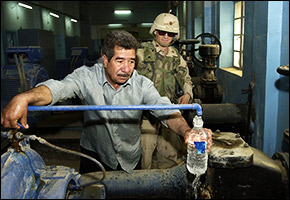
Not only does war cost human lives, but it also degrades human habitats — causing, among other crises, severe water pollution and infrastructure damage. A recent RAND corporation study explores the costs of conflict on the environment and the benefits of implementing clean-up strategies.
The report examines connections between the presence of U.S. troops in Iraq and a significant increase in pollution from hazardous-waste dumping, fuel discharge, and excess garbage. A UN official with experience in Afghanistan told the Christian Science Monitor, “Battle and defeating the enemy is [the US military’s] first priority, and I have full sympathy for them if they cannot take care of the environment outside of their camp. But in camps where they use chemicals, these are controlled situations, and I would like to see a greater greening of their bases.”
A greater greening not only of bases, but also of the communities hosting the bases, has already improved the hospitality troops experience. In Iraq, U.S. commanders who repaired access to water and sewage infrastructure for residents received improved support from the communities. The areas of Baghdad with clean water available experienced fewer attacks.
To David Mosher, leading author of the report and a senior policy officer at RAND, ignorance of a conflict’s impact on the surrounding environment can prove fatal for civilians and soldiers alike. “The war-fighter types – people in combat forces – don’t think about these things as an environmental issue,” he told the Monitor, “What we’re saying is that in a lot of these countries, environment really cuts to life-sustaining issues – that’s why it can be such a powerful force for advancing the mission.”
Read more here.
Source: The Christian Science Monitor
Inset photo: U.S. Army/Sgt. Kyran V. Adams.

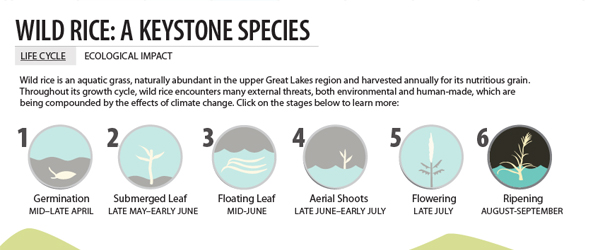
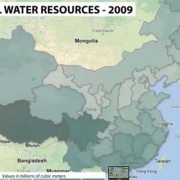
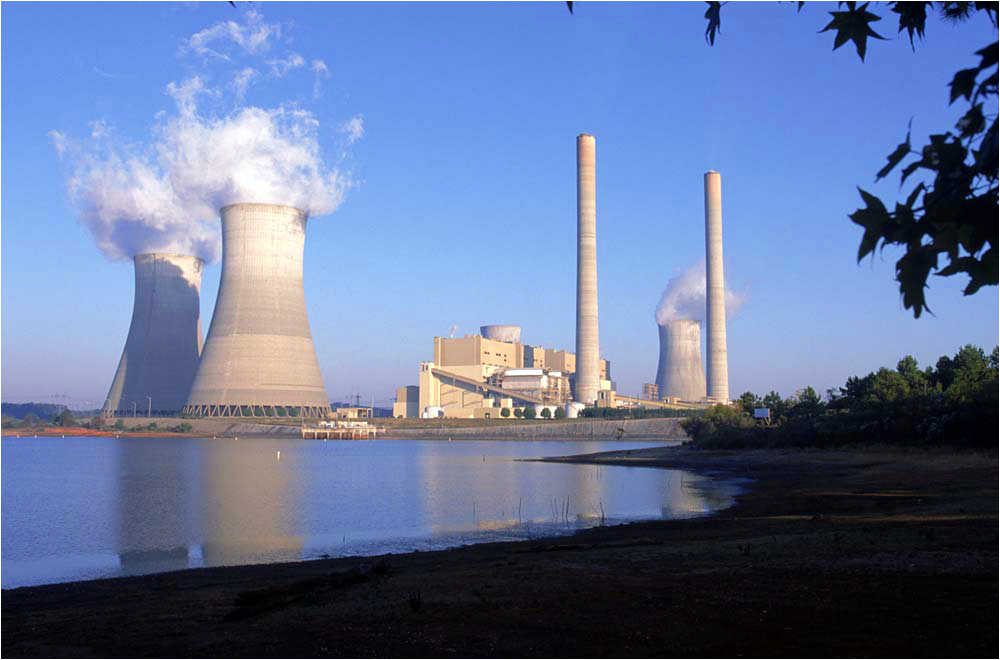
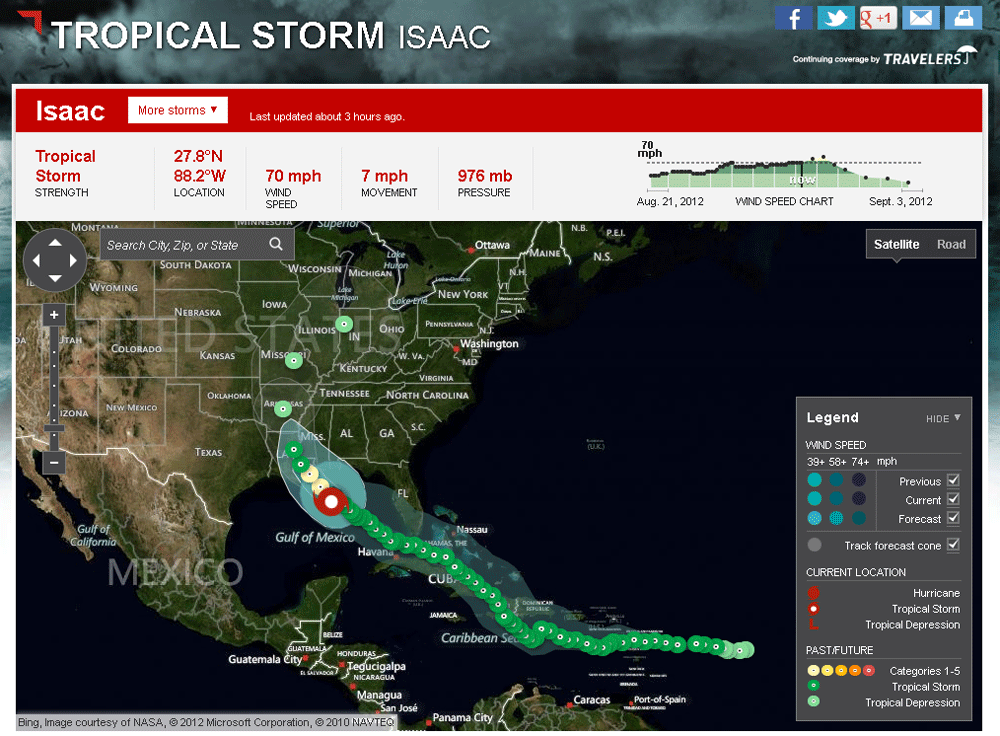




Leave a Reply
Want to join the discussion?Feel free to contribute!